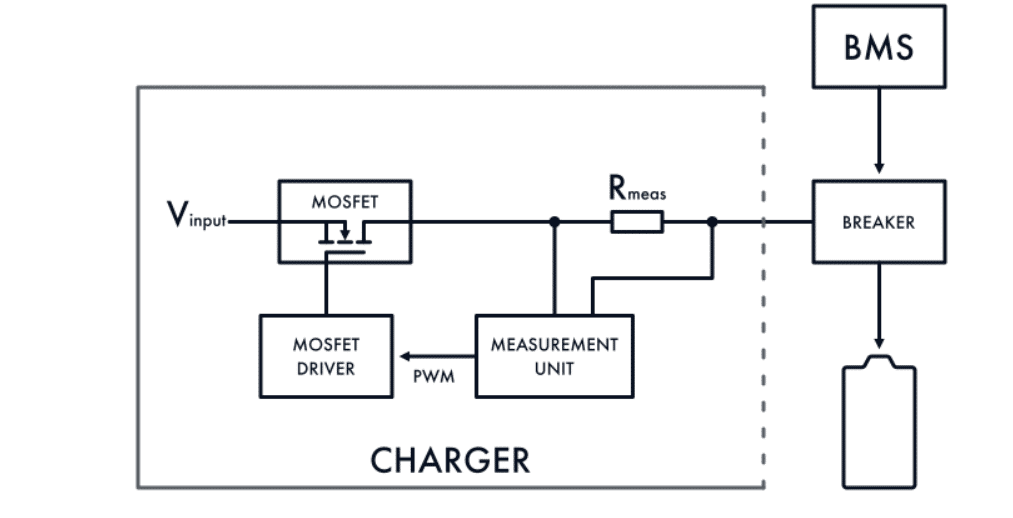In the world of modern energy storage, Lithium Iron Phosphate (LiFePO4) batteries have gained significant popularity due to their safety, longevity, and efficiency. However, to maximize their performance and ensure safe operation, the implementation of a Battery Management System (BMS) is essential. In this article, we will explore the critical role of BMS in managing LiFePO4 batteries, why it is necessary, and how it enhances battery performance.
What is a Battery Management System (BMS)?
A Battery Management System (BMS) is an electronic system that manages a rechargeable battery or battery pack. It monitors the state of the battery, controls its charging and discharging processes, and ensures that the battery operates within safe limits. The BMS is particularly crucial for lithium batteries, including LiFePO4, due to their unique characteristics.
Key Functions of a BMS for LiFePO4 Batteries
1. Monitoring Battery Health
The BMS continuously tracks various parameters to assess the health of each cell in the battery pack:
-
Voltage Monitoring: The BMS measures the voltage of each cell to ensure they remain within safe operating limits. Overvoltage can lead to overheating and potential failure.
-
Temperature Monitoring: It also monitors temperature levels to prevent overheating during charging and discharging cycles.
2. Balancing Cells
In multi-cell configurations, a BMS ensures that all cells are charged and discharged evenly:
-
Cell Balancing: This process helps maintain uniform voltage levels across all cells, preventing any single cell from becoming overcharged or undercharged. Proper balancing is crucial for extending the overall lifespan of the battery pack.
3. Protection Features
Safety is a primary concern when dealing with lithium batteries:
- Overcharge Protection: The BMS prevents overcharging by cutting off power when cells reach their maximum voltage threshold.
- Over-discharge Protection: It also protects against deep discharges that can damage cells by disconnecting the load when voltage drops too low.
- Short Circuit Protection: The system detects short circuits and disconnects the battery from the load to prevent damage or fire hazards.
Why Is a BMS Necessary for LiFePO4 Batteries?
1. Enhanced Safety
LiFePO4 batteries are generally safer than other lithium-ion chemistries; however, they are not immune to risks associated with improper handling. A BMS mitigates these risks by providing real-time monitoring and protection features that prevent hazardous conditions.
2. Extended Lifespan
By ensuring that each cell operates within its optimal range, a BMS significantly extends the lifespan of LiFePO4 batteries:
-
Cycle Life Improvement: Proper management can increase cycle life from 3,000 cycles to 5,000 cycles or more, depending on usage patterns.
-
Capacity Preservation: Maintaining balanced charge levels across cells helps preserve overall capacity over time.
3. Optimal Performance
A well-functioning BMS optimizes charging and discharging processes:
- Efficient Energy Use: By managing energy flow effectively, a BMS ensures that more stored energy can be utilized efficiently.
- Adaptive Charging Profiles: Some advanced BMS units can adjust charging profiles based on real-time data, enhancing performance further.
Best Practices for Implementing a BMS with LiFePO4 Batteries
To maximize the benefits of using a Battery Management System with your LiFePO4 batteries, consider these best practices:
1. Choose a Quality BMS
Invest in a high-quality BMS designed specifically for LiFePO4 chemistry. Look for features such as:
-
Overvoltage protection
-
Temperature monitoring
-
Cell balancing capabilities
2. Regular Maintenance Checks
Regularly inspect your battery system for any signs of malfunction or degradation:
-
Monitor SoC and voltage levels to ensure they remain within safe limits.
-
Inspect connections and wiring for signs of wear or corrosion.
3. Follow Manufacturer Guidelines
Always adhere to manufacturer guidelines regarding charging voltages and currents. Each battery chemistry may have specific requirements that should be followed for optimal performance.
Data Chart: Comparison of Battery Types with and without BMS
| Feature | With BMS | Without BMS |
|---|---|---|
| Voltage Monitoring | Yes | No |
| Cell Balancing | Yes | No |
| Overcharge Protection | Yes | No |
| Cycle Life | 3,000 – 5,000 cycles | 500 – 1,000 cycles |
| Safety Features | Comprehensive | Limited |
FAQs About Battery Management Systems for LiFePO4 Batteries
Do all lithium batteries require a BMS?
While not all lithium batteries require a BMS, it is highly recommended for safety and performance optimization.
How do I know if my BMS is functioning properly?
Regular monitoring of voltage levels and temperature readings can help you determine if your BMS is functioning as intended.
Can I use any charger with my LiFePO4 battery if I have a BMS?
No, always use chargers specifically designed for LiFePO4 batteries to avoid damaging your system.
Latest News on Battery Management Systems
Recent advancements in Battery Management Systems focus on enhancing safety features and improving efficiency:
- New algorithms are being developed that allow for smarter energy management based on real-time usage patterns.
- Innovations in wireless communication technologies are enabling remote monitoring capabilities for better oversight of battery health.
Conclusion
In conclusion, utilizing a Battery Management System (BMS) with your Lithium Iron Phosphate (LiFePO4) batteries is essential for ensuring safety, optimizing performance, and extending lifespan. By understanding the critical functions of a BMS and following best practices for implementation, you can maximize your investment in this advanced energy storage technology.For customized lithium solutions tailored specifically to your needs—whether for automotive applications or renewable energy systems—contact Redway Battery today for a quick quote!





